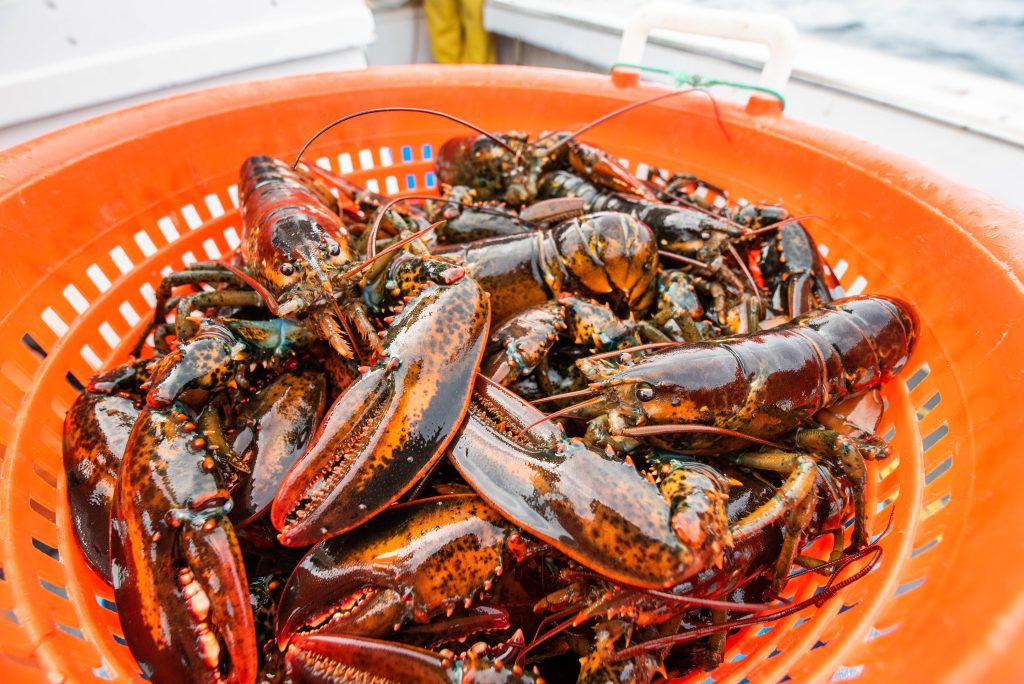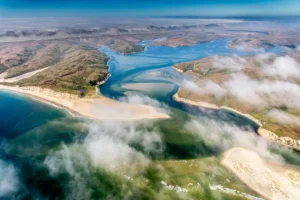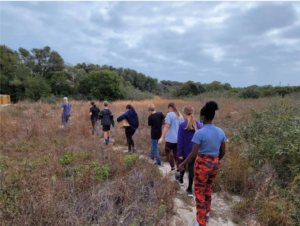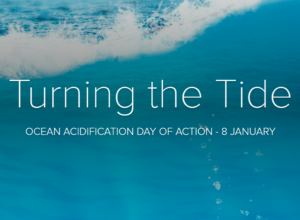APPLY FOR UP TO $500K IN FY2023
Sea Grant announces a new funding opportunity for collaborative projects that address priority research needs to enhance our understanding of and address impacts to the American lobster fishery in the Gulf of Maine, Georges Bank, and southern New England.
The program seeks applications from research teams and encourages partnerships between industry, State agencies, and/or academia that address American lobster population dynamics, life history parameters (including temperature, ocean acidification or other changing climate conditions), species interactions and behavior, and/or social, behavioral, or economic research, including analyses regarding measures under consideration for inclusion in the Atlantic Large Whale Take Reduction Plan.
Sea Grant anticipates having up to $2 million dollars to fund a diversity of projects with funding requests up to $500k in FY 2023. Projects may be one or two years in duration with a maximum of two years. Non-federal matching funds equal to at least 50 percent of the federal funding request must be provided.
Applications must be submitted to Grants.gov by 11:59 p.m. ET, May 10, 2023.
The research will become part of the Wednesday, March 22, 2023






